Changing facets of CSR in the new normal era: The community service by companies
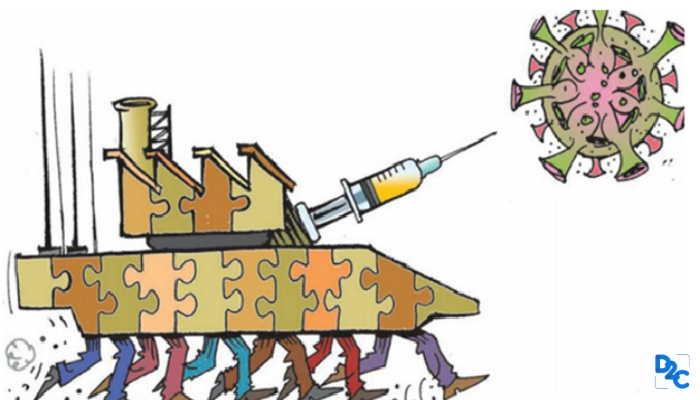
“While money belongs to companies, resources belong to society”. Amidst growing awareness about corporate social responsibility (CSR) among stakeholders, achieving social goals is as important as delivering shareholder value and profitability.
The coronavirus pandemic has brought unprecedented shock to lives and livelihoods. In a situation of deep crisis and uncertainty, CSR has acquired a new sense of responsibility. The announcement to allow funds spent on COVID-19 relief work as CSR spends on the face of it is seen as a win-win situation for companies.
However, socially responsible companies decided not to stop on just PM-CARES donations but they also engaged in a wide range of immediate relief packages for society and also chalked out adaptation and mitigation strategies to ongoing projects with NGO partners.
Unilever
Unilever has been one of the top performers of community service. Their CSR spend has been close to INR 142 crore in FY 19-20. Their main focus areas are water and sanitation, nutrition, environmental sustainability and livelihood development.
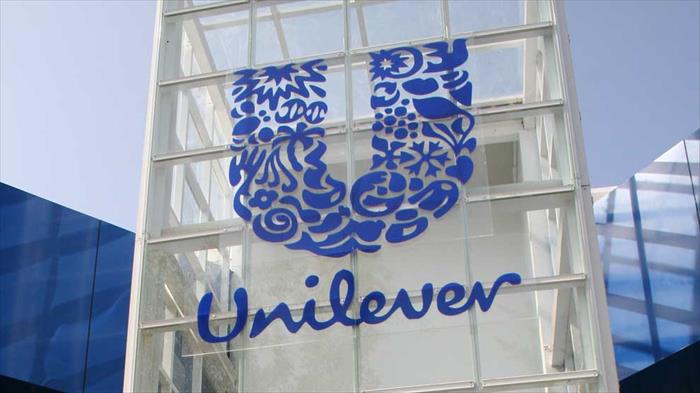
As a response to COVID 19 pandemic, some of the great initiatives included reducing prices of Lifebuoy hand sanitizer and liquid handwash by 15 per cent to increase its affordability and accessibility for the community to provide hygiene facilities. HUL in partnership with the UNDP, distributed sanitation and hygiene products to Sanitation Workers to upkeep their safety standards. Project Prabhat, HUL’s flagship community service initiative, supported close to 1,00,000 migrant labour families by donating ration kits and soaps to 5,00,000 families around its factory sites. The mass media campaigns, “BreakTheChain” and “VirusKiKadiTodo” were impactful ways to inform the general public.
Unilever’s Global initiatives
Another absolutely lovely initiative from Unilever Indonesia was to recharge small to medium enterprises. This new e-route developed has been instrumental in distributive trade transformation. The mechanism is such that the stores get vouchers in the app, ploughing back cent per cent of Unilever’s profit to them (for the next few months) in the form of health-protective goods.
Unilever South Africa innovated Hygienica Castle which is a free gamification tool to teach the best practices in handwashing, toilet and oral hygiene habits online to the young children. Children log on to gamified hygiene lessons and earn rewards for good hygiene behaviours.
What is really significant to note from HUL’s CSR chapter is the commendable scale of partnerships with government and international organisations which Nestle can also increase in its CSR strategies.
ITC
ITC has been in the buzz for creating value during the lockdown, in terms of its product development as well as on the stock exchange. The conglomerate has set up INR 150 crore COVID-19 contingency fund for vulnerable sections of society. This fund is being used to provide relief to the most vulnerable section of the society, provide assistance to rural healthcare and even provide protective gear for medical staff.
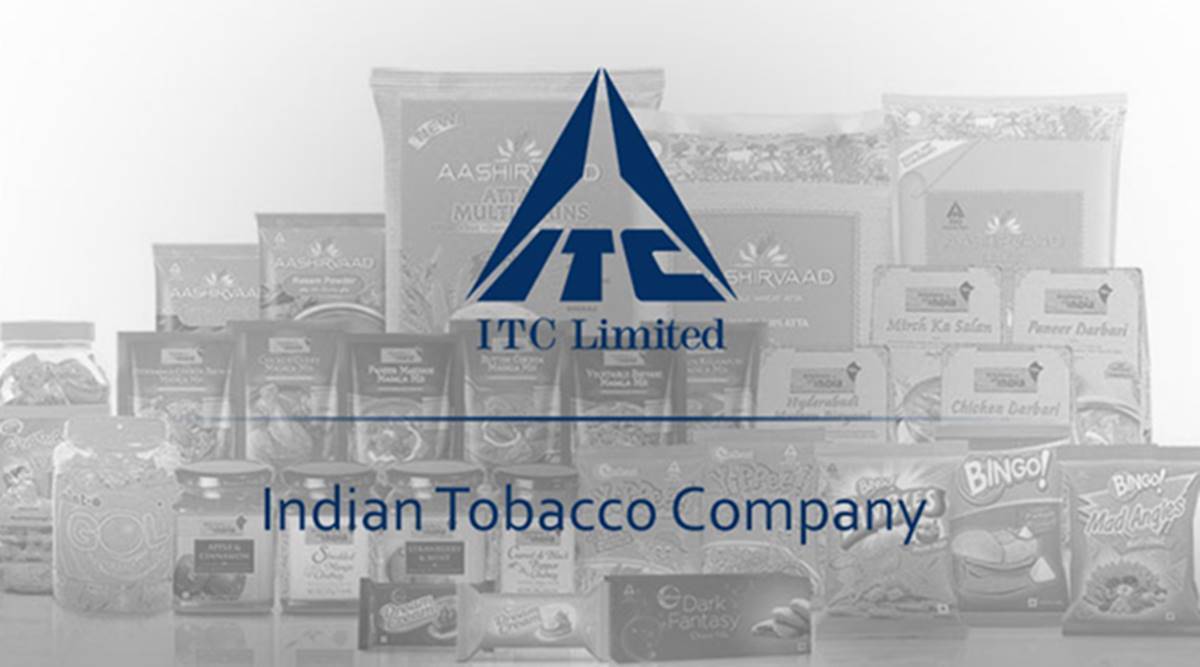
Beyond the short term mitigation to the crisis, the new normal CSR strategy has focused on incorporating Atmanirbhar Bharat’s call and is focussing its community intervention on agricultural and farmer oriented activities. Its new initiatives are based on “Sab Saath Badhein”.
ITC has launched ITC Cares which focuses on “ITC stores on wheels” to ensure uninterrupted supply chain and distribution to customers in the time of need. NITI Aayog and ITC partnered to train 15 lakh farmers in 27 aspirational districts, along with the Agricultural Department since 2018. Due to COVID challenges, ITC and District Administrations began digital training. Crop training manuals are shared with 3.3 lakh farmers through 4529 village-level Whatsapp groups.
In agrarian empowerment missions, ITC focuses on varietal improvement and productivity enhancement of crops, promoting sustainable farming by focussing on zero tillage and innovative irrigation, enhancing market linkages by e-Choupal and promoting crop diversification by prompting guava, jamun and banana.
Walmart India
Walmart is an ardent supporter of sustainable agriculture and women’s economic empowerment in the community. Walmart is found constantly exploring and pushing the boundaries of feminisation in agriculture to enhance gender-sensitive training and take important steps in market access, not only in our sourcing value chains but also in its CSR initiatives.
A study by the Food and Agriculture Organization indicates that in developing countries such as India, gender inequality in access to resources sums to opportunity cost in output terms by 20-30% that can potentially result in dramatic hunger-reduction. Walmart has a shared vision with Tanager, that increasing women participation at the leadership levels of FPOs is one of the surest ways to women agriculturists’ economic prosperity.
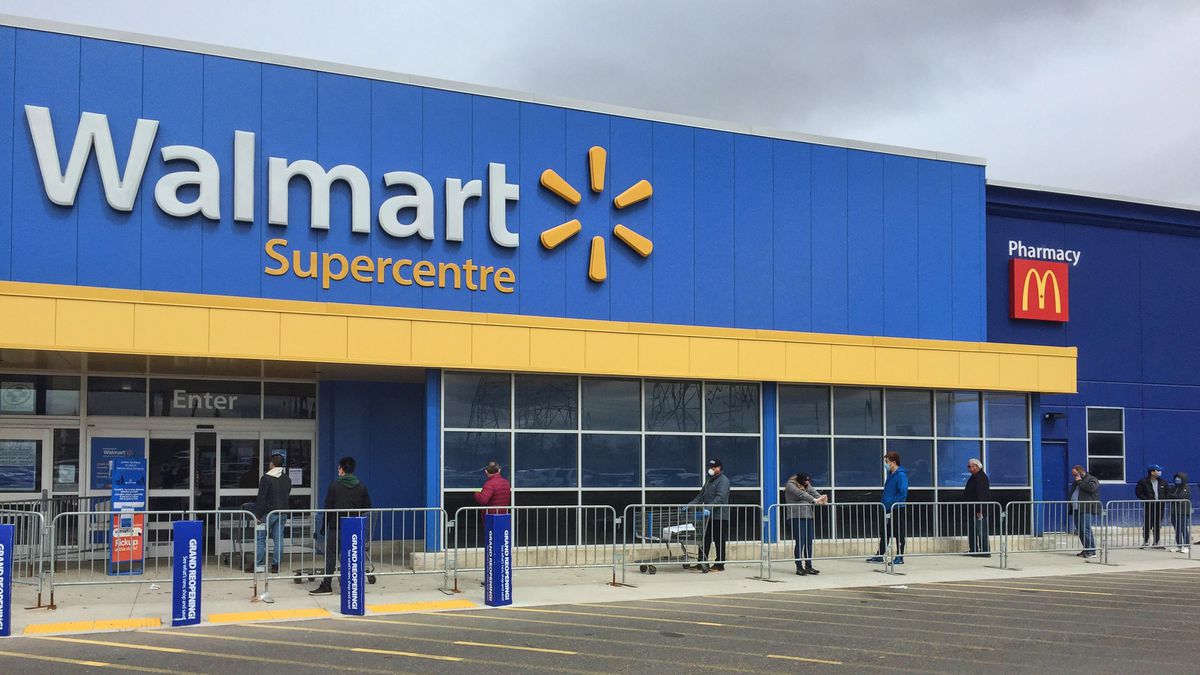
Irapa Rajamma is one such leader who benefitted with the Farmer Market Readiness Project. Irapa is a 39-year-old smallholder farmer from Kommugudem village in Andhra Pradesh. In 2019, Irapa became the first woman on the Board of the Directors of the Maize cluster in Buttaigudem Mandal. Thanks to Irapa’s example, Walmart.org’s commitment to supporting more sustainable market access for FPOs and their farmer members, along with Tanager’s longstanding local expertise, these women have taken an important step towards gender equity in their FPO.
Walmart considers training the farm best practices as one of the best ways to emancipate women from poverty. Walmart India has proudly joined hands with Mann Deshi Foundation promoting the economic empowerment of women farmers in Chiplun, Maharashtra. Training on best practices in turmeric, ragi and kitchen gardening will aid these women to enhance farm yield, earn more and lead better lives.
Although women’s share in agricultural fields is significant, their share in value-added on farms is ignored empirically. In order to support women farmers from tribal populations and vulnerable groups, PRADAN’s Walmart Foundation-funded LEAP program is expected to reach out to 45,000 women farmers directly benefiting a population of about 225,000 people. “The agenda of Project LEAP is to empower women farmers from remote geographies to set up FPOs and help them leapfrog to the modern economy via robust and fair commodity value-chains,” Narendranath Damodaran, executive director, PRADAN, said.
Considering marketing the farm produce is as important as production, Walmart India launched the second phase of Sunhara Prayas with Indian Society of Agribusiness Professionals (ISAP). More than 25% of the farmers being trained are women.
P&G
While discussing community service, P&G is a brand which markets itself as socially responsible in all respects. Its CSR initiatives are focussed on education (flagship P&G Shiksha), relief and environmental sustainability.
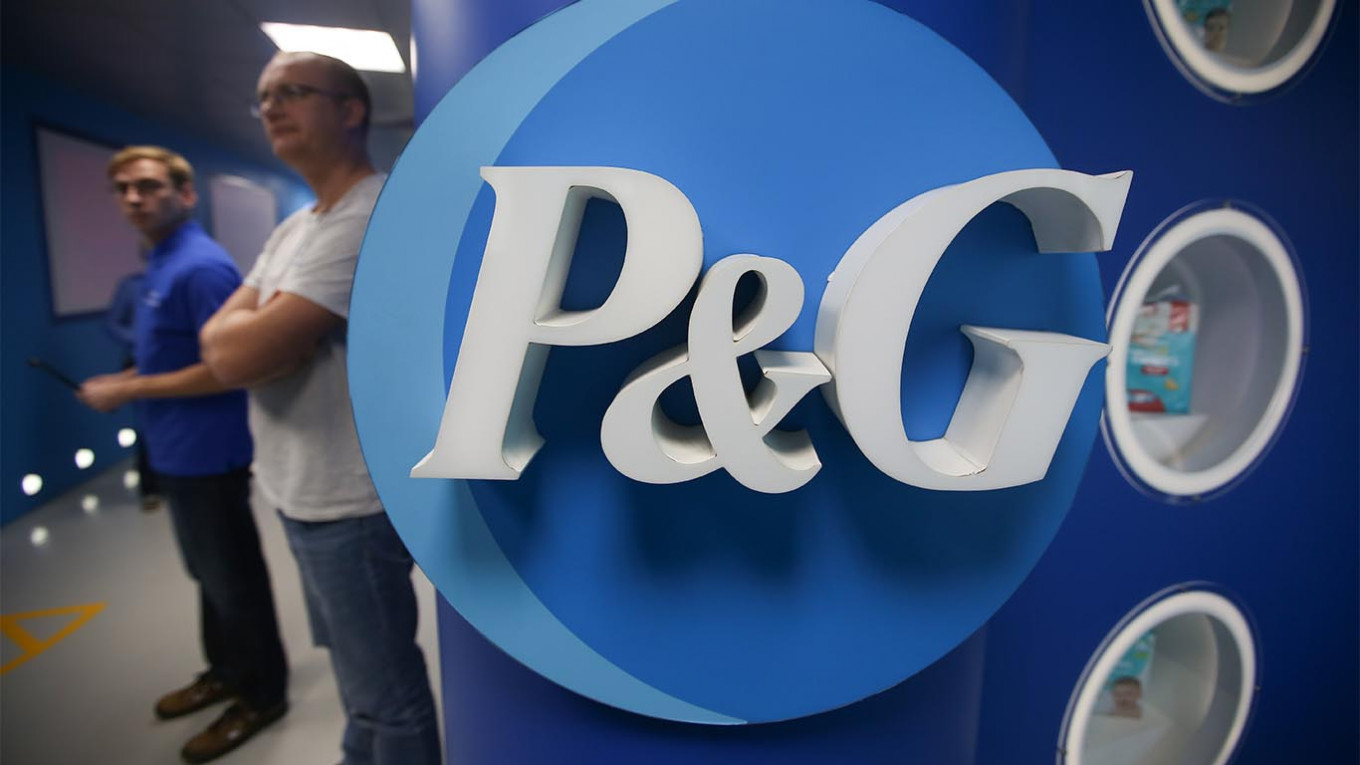
As a response to COVID-19, P&G launched P&G Suraksha India. To begin the battle against the unprecedented crisis, P&G donated 1.5 million masks to the government and other relief organizations to combat the spread of COVID-19. It leveraged advertising and brand voice in omnichannel ways to responsibly increase awareness on safety and hygiene measures among communities. Partnerships with the government were made to leverage best in class P&G Capabilities to raise the Health & Hygiene standards in retail stores and manufacturing units across the country. P&G augmented P&G Shiksha, its education empowerment mission to make a continuing educational impact despite pandemic.
As a part of future plans, P&G plans to step up as a ‘Force for Good’ and leverage innovation, manufacturing and marketing expertise to support our communities during this time of need. It also aims to go fully recyclable by 2030.
Where CSR funding fled to an easy route of PM Cares, socially responsible companies not only made the direct efforts for COVID relief but also kept up their old commitments and braced for the new normal CSR in the post COVID world. Such actions depict the soft power of companies on how India Inc does not care only about the profits but about society as well!
Login to continue reading
And access exclusive content, personalized recommendations, and career-boosting opportunities.
Blogs you need to hog!

What Innovation Does For Efficiency and Competitiveness in a Corporate Sector?

Online to Offline Commerce- Everything one needs to know

How Do You Work Around Branding Guidelines To Be Guidelines And Not Limitations? | Alekhya, Brand Manager- Vivel, ITC | Dove, Unilever











Comments
Add comment